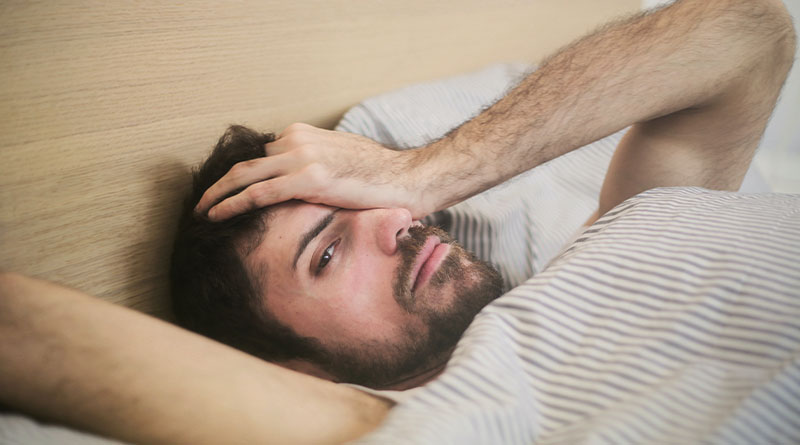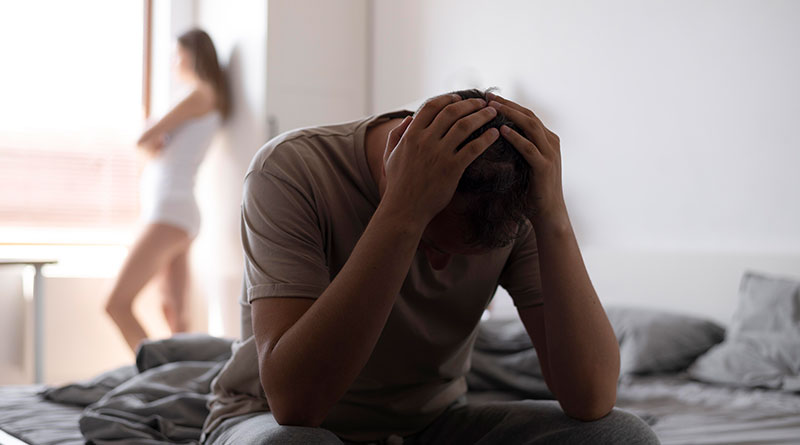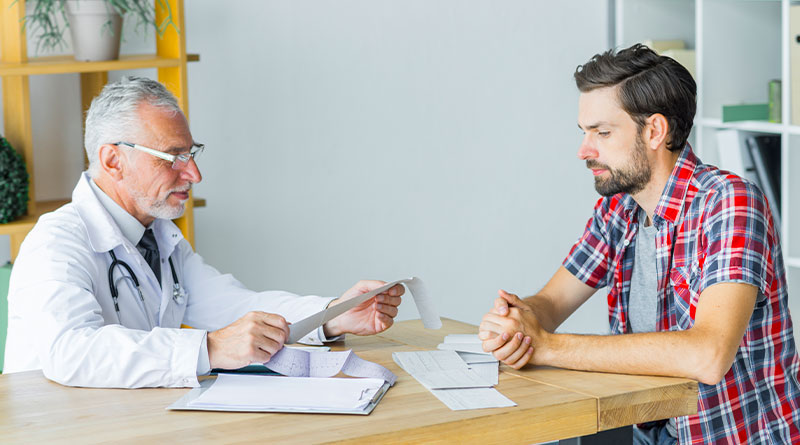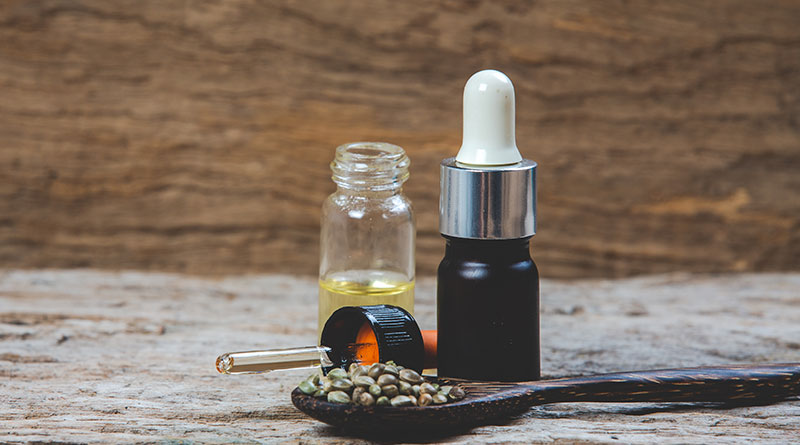Low libido can have an impact on any part of your life, from the way you feel about yourself to the way you interact with those around you.
If you have noticed that your sex drive has been significantly lower than usual, it might be time to start looking into what might be causing it (from medical problems to medications and more).
Read this blog post to learn more about the potential causes of Low Libido, how they can affect you, and what you can do about them.
What is Libido?
Libido is an essential part of the human experience. It refers to your sex drive, or how often you feel aroused and want to engage in sexual activities. For many people, libido is an important part of their lives, helping them to feel connected to their partner and enjoy a fulfilling sex life.
Unfortunately, sometimes libido can dip due to a variety of reasons. Low libido can lead to feelings of frustration, guilt, and dissatisfaction in relationships, so it is important to understand what can cause low libido and how to address it. Let’s explore five potential causes of low libido, as well as what you can do about them.
Most Essential Causes of Low Libido
There are many potential causes of low libido, but the following are some major ones.
Stress
Stress can be a major cause of low libido in both men and women. Stress can come from many sources, including work, family, financial worries, health issues, and more.
Also Read: All You Know About Anxiety
When we are feeling stressed, our bodies produce the hormone cortisol which can interfere with the hormones responsible for sexual arousal. Stress symptoms can include feelings of:
- Anxiety
- Irritability
- Fatigue
- Muscle tension
- Headaches
- Blurred Vision
- Difficulty sleeping
If you are feeling any of these symptoms, it is important to take a step back and evaluate what is causing your stress.
Relationship Problems
When it comes to understanding the causes of low libido, relationship problems can be a major factor. Stress, tension, and unresolved issues between partners can all lead to decreased libido. Even something as simple as poor communication or a lack of trust can take its toll on one’s sex drive.
If you are experiencing low libido due to relationship issues, it is important to take steps to address the underlying problem.
Depression
Low libido is a common problem for many people, and it can be caused by a variety of factors. One potential cause of low libido is depression.
When someone is depressed, they may lack the energy and motivation to engage in physical intimacy. It is also possible that depression can lead to a lower sex drive due to the lack of positive thoughts about oneself or about their relationships.
Also Read: Don’t Let Depression Get The Best of You
If you suspect that depression is causing your low libido, it is important to reach out for help. The best way to address the issue is to talk to your doctor and get a proper diagnosis.
Poor Sleep
If you are struggling with low libido, one of the potential causes could be poor sleep. Sleep is essential for our physical and mental health, and without it, we can experience a range of issues, including a decreased sex drive.

So, how does sleep deprivation lead to a low libido?
When we don’t get enough sleep, our bodies don’t have time to properly repair and recharge. This can result in fatigue, brain fog, and irritability, all of which are not conducive to a healthy sex life.
Additionally, sleep deprivation can lead to an imbalance in hormones like testosterone and cortisol, both of which are important for sexual desire.
Hormonal Imbalances
Hormonal imbalances can be one of the main causes of low libido. Hormones play a huge role in our sex drive, and when there is an imbalance, it can affect our libido. Some common hormones that can cause imbalances include testosterone, estrogen, and cortisol.
When it comes to testosterone, too much or too little of the hormone can lead to a decrease in libido. Low testosterone levels can be caused by aging, certain medications, or health conditions. Symptoms of low testosterone may include fatigue, decreased energy levels, and mood swings.
Estrogen is another hormone that is associated with libido. Estrogen levels naturally fluctuate over time and can be affected by age and menopause. Women with low estrogen may experience symptoms like vaginal dryness and pain during intercourse, which can make sex unappealing.
How to Increase Libido Naturally?
There are many natural ways to increase libido in both men and women.
Manage Stress
Exercise is one way to reduce stress, as it helps to release endorphins, chemicals that make us feel good and relaxed. Meditation can also be beneficial for reducing stress levels, as it teaches us to clear our minds and focus on relaxation. Additionally, talking to friends or family members about the issues you are facing can help you to get them off your chest and feel more relaxed.
Fix Relationship Problems
Start by talking with your partner about what is going on. Open communication is essential in any relationship, and it can be helpful to express what’s bothering you in a safe and respectful way. Making an effort to create an environment of trust and respect between you and your partner is also important. This means that both of you need to take responsibility for your own actions and emotions, without placing blame or pointing fingers at each other.
Manage Depression
If you suspect that depression is causing your low libido, it is important to reach out for help. The best way to address the issue is to talk to your doctor and get a proper diagnosis. They can help you identify the underlying causes of your depression and recommend an effective treatment plan. In some cases, antidepressants or psychotherapy can help manage the symptoms of depression and improve libido.
Hormonal Imbalances
If you think you may have a hormonal imbalance that is causing your low libido, it is important to talk to your doctor. Your doctor can perform tests to check your hormone levels and suggest treatments that may help restore balance.
Get a Good Night’s Sleep
If you think that lack of sleep may be contributing to your low libido, the good news is there are a few steps you can take to improve your quality of sleep. Establish a regular sleep schedule like making sure you are going to bed and waking up at the same times every day. Don’t use stimulants like caffeine and nicotine before sleeping. Your bedroom is comfortable, dark, or quiet are also good for sleep.
Also Read: Male Performance Anxiety Solutions
FAQs
Q: What are the causes Of Low Libido?
Ans: Low libido can be caused by a variety of factors, both physical and psychological.
Q: Can Low Libido be treated?
Ans: Low libido can be treated in a number of ways depending on the underlying cause. Common treatments include lifestyle changes, such as getting more exercise, practicing stress reduction techniques, and getting adequate sleep.
We hope you found this blog post useful and that it has helped you begin your journey toward restoring your libido.
NOTE: If you are looking for more tips or advice on how to boost your libido, you should talk to a healthcare professional who specializes in sexual health. They can offer further guidance and help create a plan tailored specifically for you.
Sahil Sachdeva is the Founder of curemedoc.com and a Digital Marketing professional with 6+ years of experience. If you need help in Content writing and want to increase your website ranking, connect with him, as he has some premium websites where you can share blogs with DoFollow links and increase your website’s ranking on Google.





